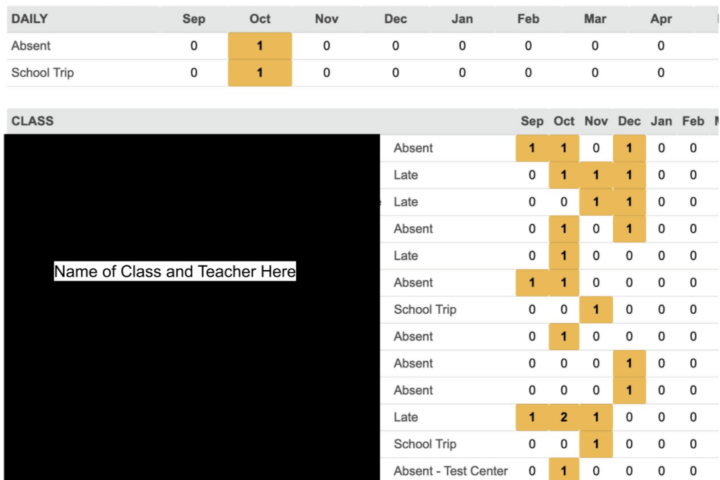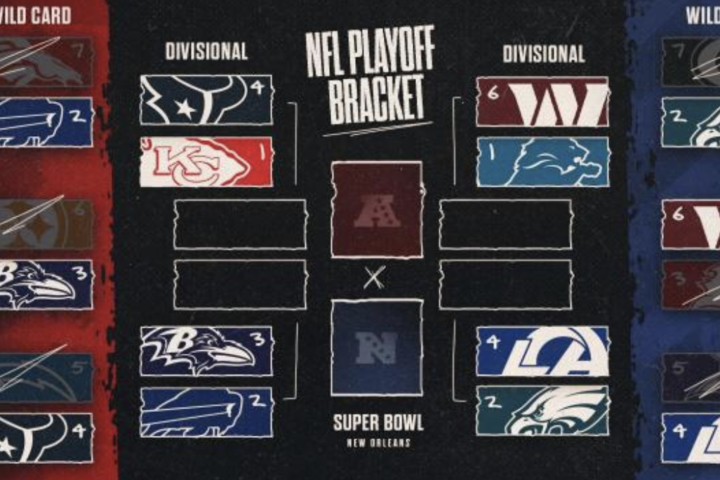The American Dream: Something to strive for, an idealized version of your values, a shining future, a glimmering promise just within reach if you pull yourself up by the bootstraps and get to work. As Kim Kardashian once said, “It seems like nobody wants to work these days.” And if only they did, the American Dream could be theirs.
The dream still plays a large part in political rhetoric and pro-American propaganda. Despite the rose-tinted glasses necessary to truly believe in the ubiquity of the American Dream, and the frustration that comes from hearing those with power say that those without just need to work harder.
For most Republicans, when something is wrong, it is because Democrats are destroying the American Dream. The border crisis and fearmongering around undocumented immigrants? Inflation? “Wokeism”? All can be explained with that one simple rhetorical tool: we’ve compromised our values. Many Democrats, in turn, say that they are working towards a future where the dream will be more accessible. The “Dreamers Act” captures that so vividly. When Democrats discuss or introduce progressive policy, it is frequently in the name of that noble pursuit: Everyone has an American Dream.
The problem with the Democratic use is that actions must follow from words and for the most part, they don’t. Nowhere is that issue more visible than with student loan forgiveness.
Student loan forgiveness and student loans are inextricably linked to the idea of the American dream. The American Dream promises upward mobility, a better future and opportunity through hard work. Struggling under predatory student loans is a crippling situation that places a damper on the American Dream for around 43 million Americans who, in return for seeking higher education, must deal with the consequences of a broken educational system for a large portion of their lives. Student loan forgiveness would lift millions to a higher standard of living. Without the threat of periodic payments, financial freedom would blossom over time.
One of the main positives of student loan forgiveness is that forgiveness would not be some sudden influx of money that could lead to higher inflation, but rather a steady lessening of a large burden that would have a life-changing impact on individuals and communities over time. This process could stimulate the economy as time goes on rather than contribute to negative side effects. Additionally, student loan forgiveness would, in the vast majority of cases, benefit low-income individuals; so while there is a lot of fear in certain circles of loan forgiveness unfairly benefiting those who don’t really need it, that perspective is largely misguided.
The environment that creates the student loan crisis is inherently predatory and unjust, and rather than looking at loan forgiveness as an “unfair handout,” it’s important to recontextualize it as a tool intended to alleviate injustice. The potential positive side effects for the economy are just an added bonus. Student loan forgiveness will not fix the American educational system, but it’s an important first step and seems an obvious tie-in to Democratic American dream rhetoric.
During his campaign, President Biden made big student loan promises and the incredibly expensive barriers to access for higher education that he has yet to keep. Under his “Build Back Better” plan, he swore to work both to “Forgive all undergraduate tuition-related federal student debt from two- and four-year public colleges and universities and private HBCUs and MSIs for debt-holders earning up to $125,000,” and to “make public colleges and universities, as well as private HBCUs and MSIs, tuition-free for all families with incomes below $125,000.”
For progressives frustrated with the apparent lack of truly progressive representation in the 2020 presidential race, promises like these provided a glimmer of hope and encouraged hesitant progressive voting for Biden. Unfortunately, these promises served more as political tools than actual practice. The latter didn’t even make it into the 2021 Build Back Better bill, while the former has seen drawback after drawback slice it away to a much less drastic version of itself.
Biden has walked back his promises. There have been moments throughout his presidency where glimpses of his past promises have poked through, but nothing to the original extent. Most recently, near the end of March, the Biden administration approved 5.8 billion dollars of student loan forgiveness for tens of thousands of public service workers – unfortunately, this number is just a drop in the bucket compared to the scope of the issue. The few million people who have benefitted from some forgiveness don’t measure up to 43 million total.
The problem is not solely with the Biden administration, though making unkeepable promises is certainly a big deal, but also with the wider American political and legal system. The loan forgiveness that the Biden administration has been able to pursue has been strategic; it’s targeted public service workers, people with permanent disabilities and people who went to schools accused of deceptive marketing. However, larger efforts have been unsuccessful, like a 2022 attempt to relieve at least 10,000 dollars to all borrowers which the Supreme Court struck down. Legal challenges to more universal student loan forgiveness arise at every turn.
The Democratic Party’s inability to truly follow through with comprehensive student loan forgiveness, despite occasional promises, is incredibly frustrating and indicative of a larger issue. The “new” Democratic rhetorical use of the American dream is just that: rhetoric. Simply saying that they are working towards a future where everyone can finally pursue the American dream is empty virtue signaling without substantive change; the American political and legal system in its current form will simply not allow drastic changes like widespread student loan forgiveness to make the American dream more accessible.
Even small drops in the bucket like the March wave of loan forgiveness are not acceptable to the wider American political system – just a little more than a week after it was announced, lawsuits sprang up to try and block it. As a case study, student loan forgiveness elucidates the problems with and true mythology of the American dream in an America that refuses to work for its people’s benefit.






